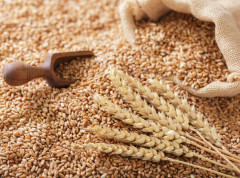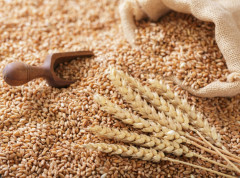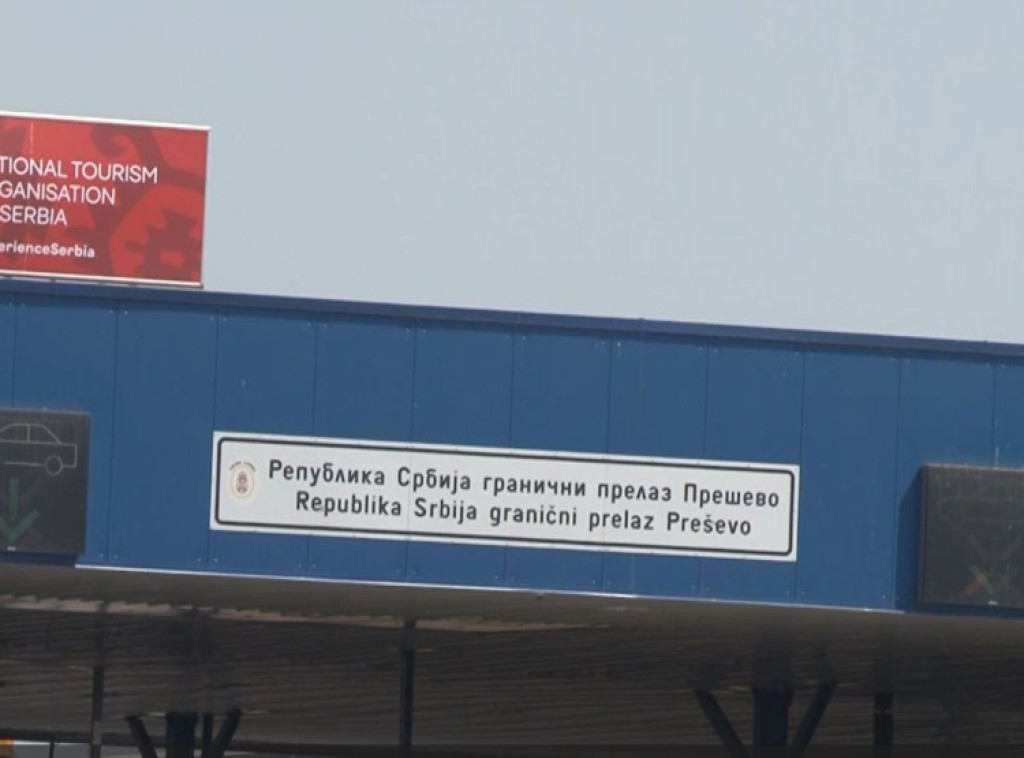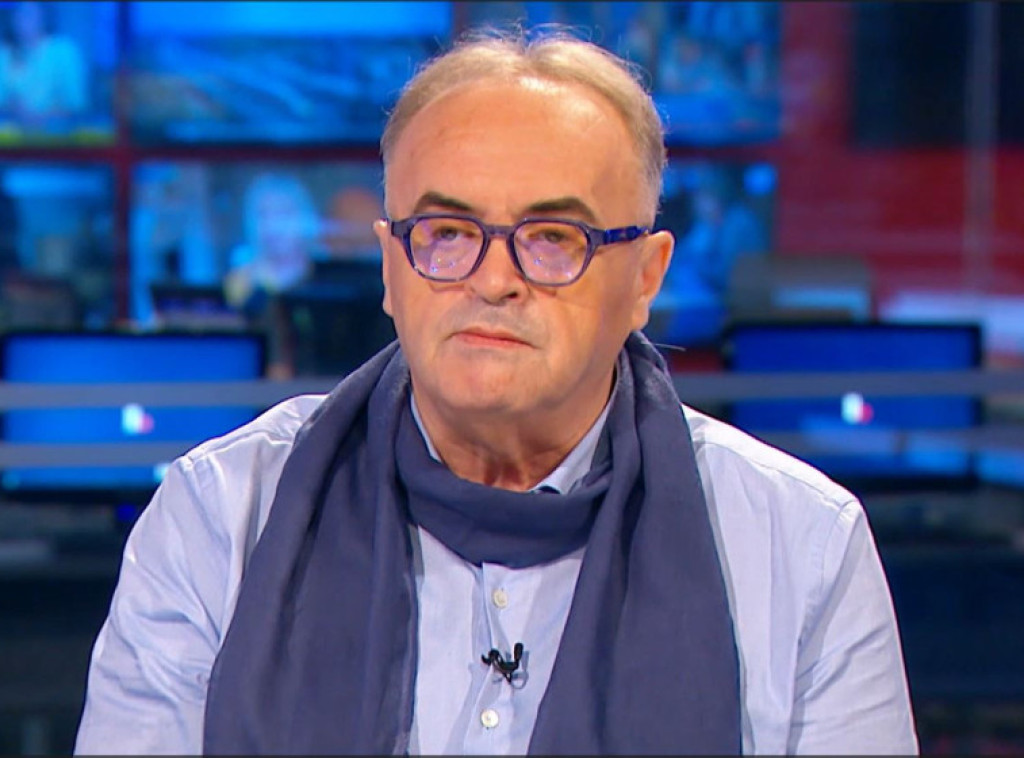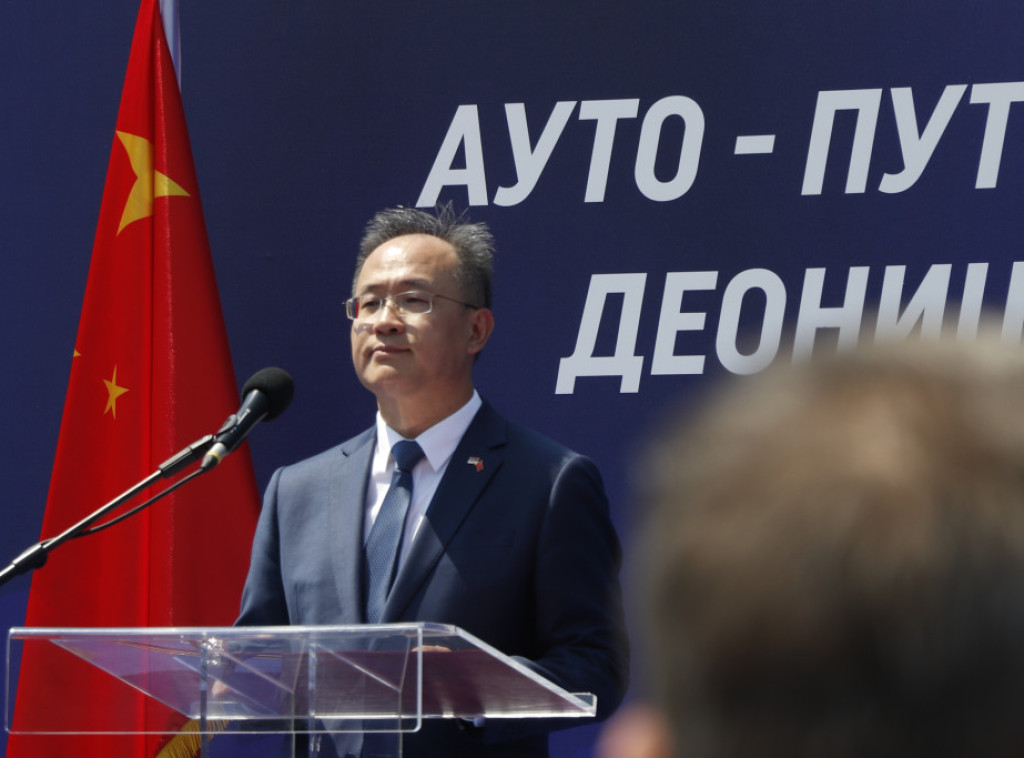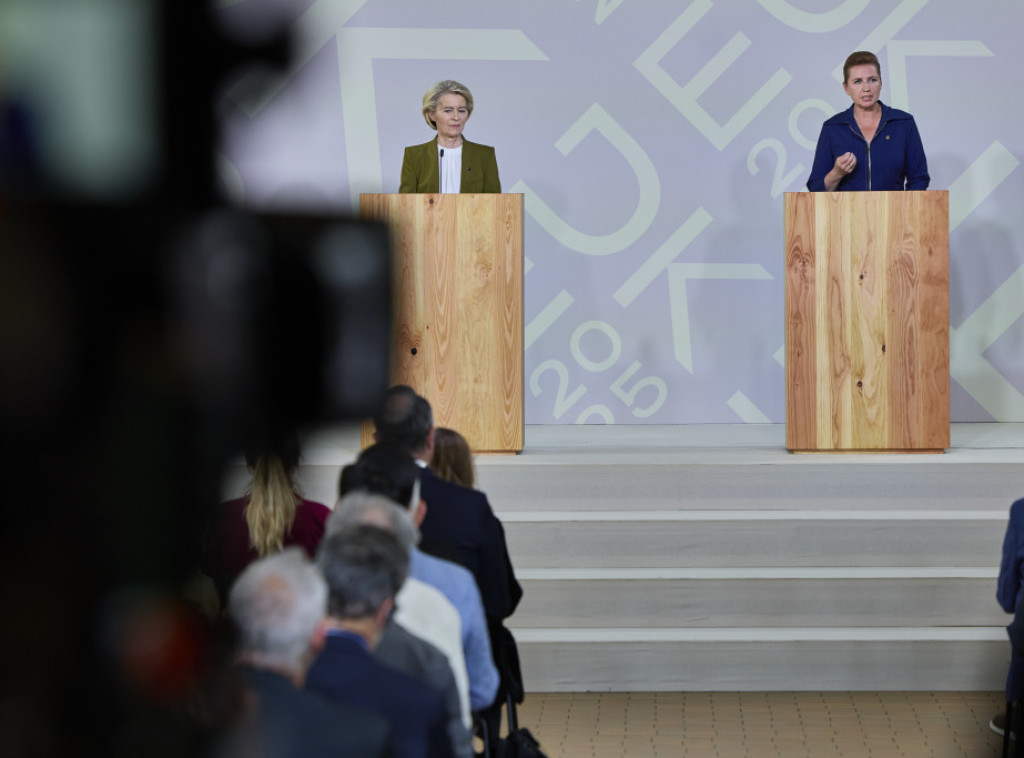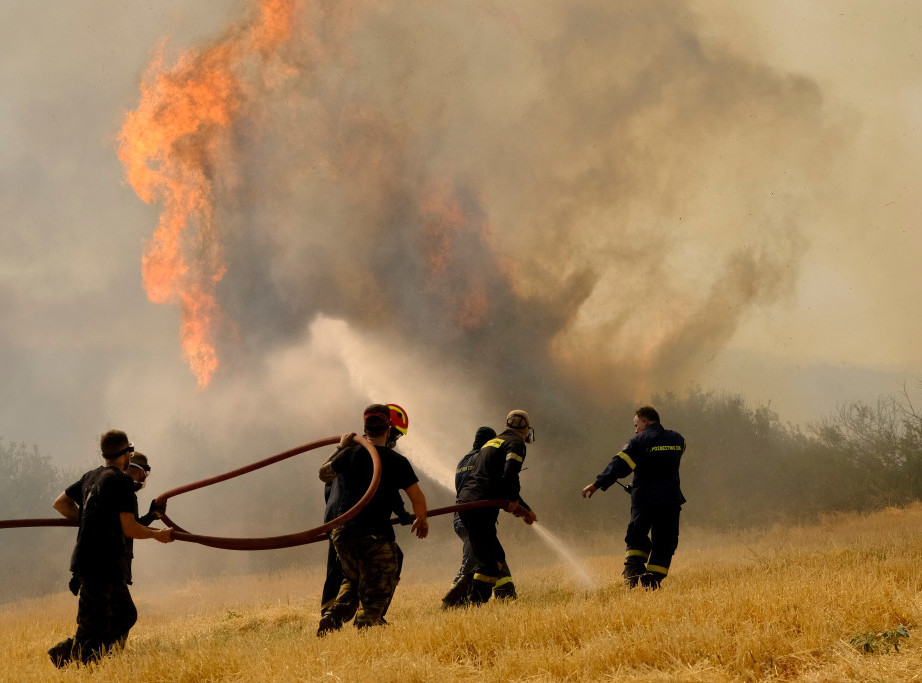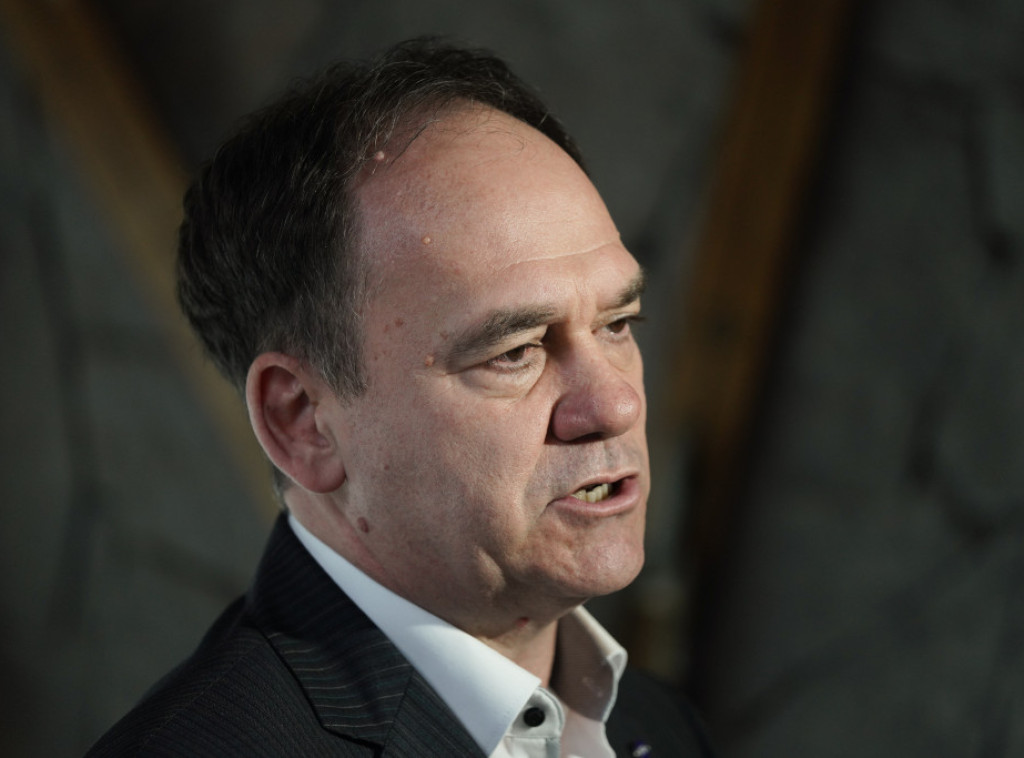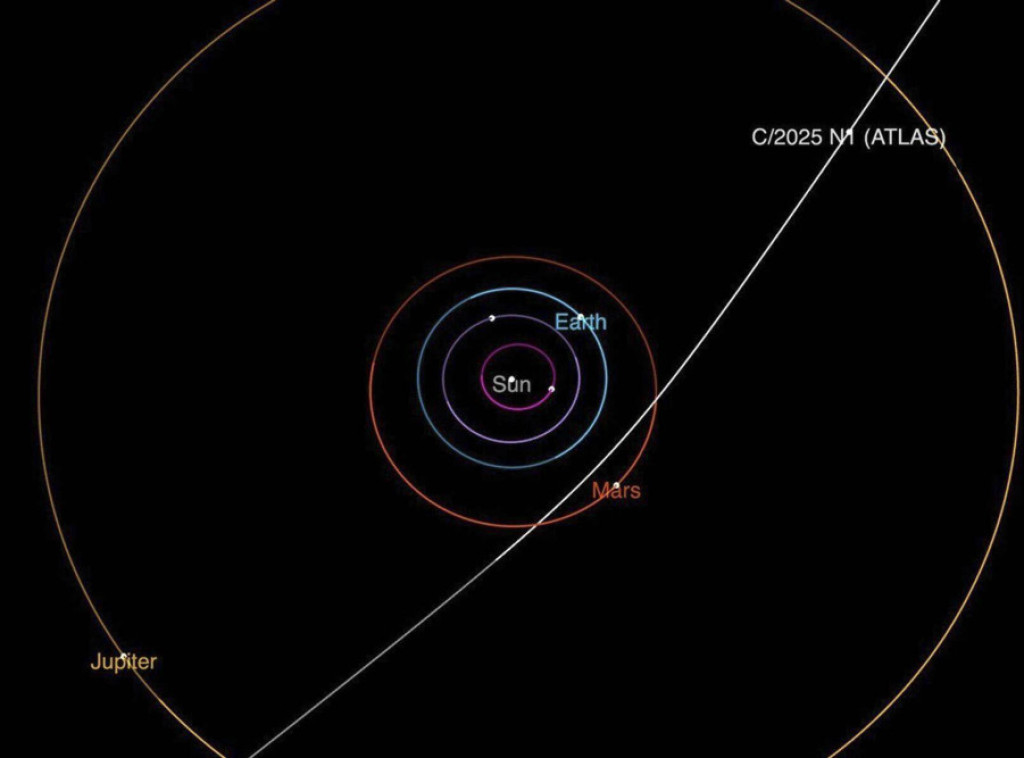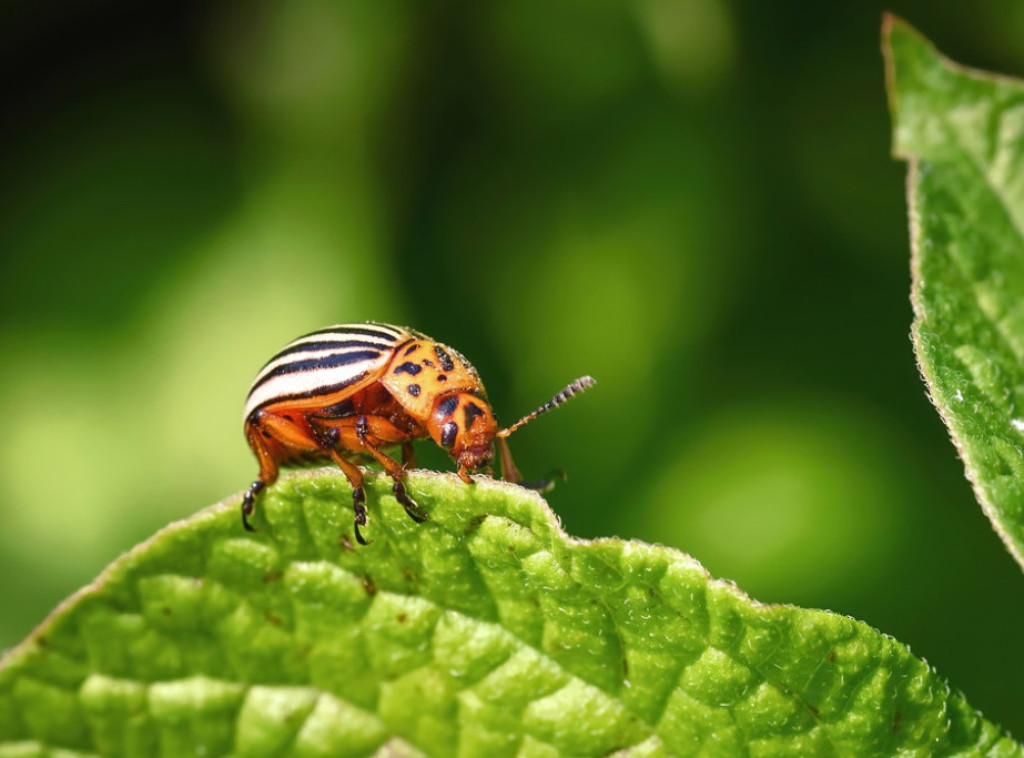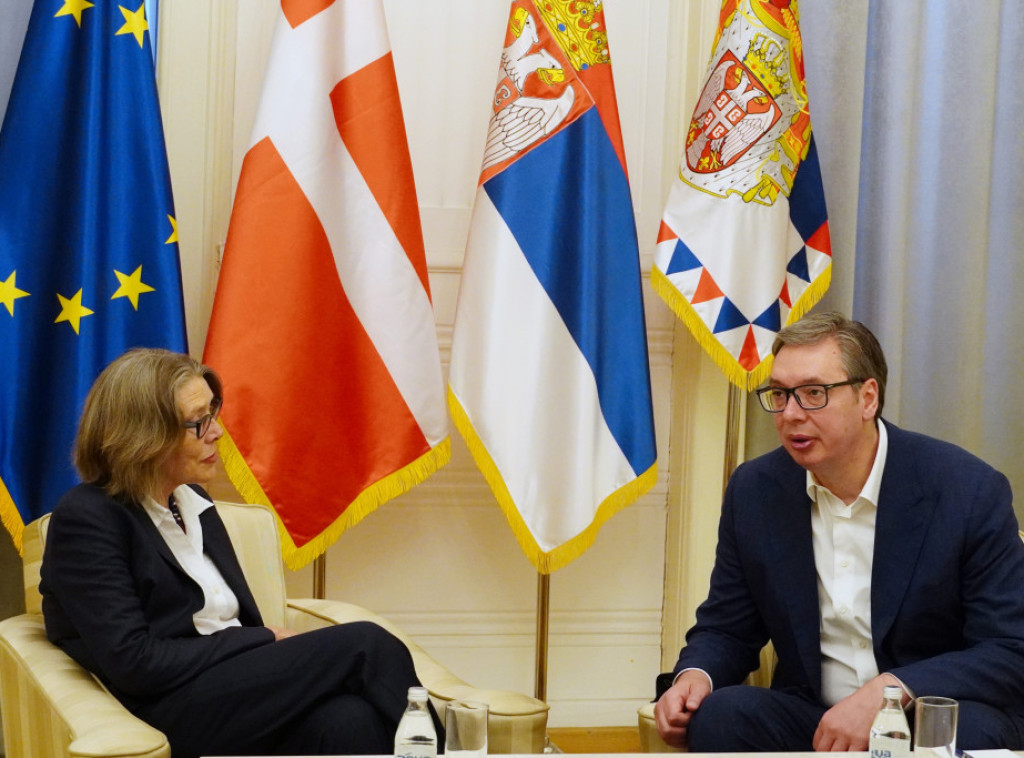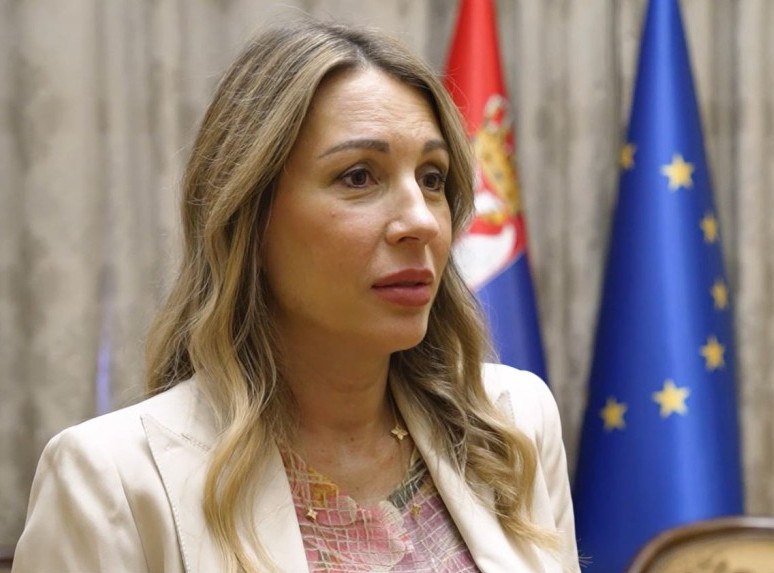Serbian Government Buys Wheat at 23 Dinars: Farmers or State Budget – Who’s Winning Here?
The State Steps In – But Who Really Benefits?
In the midst of current agro-economic turmoil, the Serbian Government has made a decision that immediately stirred the pot – purchasing wheat from the 2025 harvest at 23 dinars per kilogram, plus VAT. Yes, you read that right! The Directorate of Commodity Reserves has been authorized to buy certain quantities of wheat to “stabilize the market” and “support domestic producers.” But is it really that simple?
What’s Behind That Price?
23 dinars per kilogram of wheat – sounds like solid support, right? Well, not so fast. Farmers are questioning whether this price is truly fair and covers their production costs. In an era where agricultural inputs are getting more expensive, this price might seem like a drop in the ocean. Is the government really protecting its producers, or just trying to calm the market in the short term?
Why Does This Matter?
Wheat is a staple grain and a pillar of Serbia’s food security. Ensuring market stability means the government wants to prevent sudden price spikes and shortages. But is buying at a fixed price the right approach? Farmers depend on the market, and too much intervention can lead to unwanted consequences – from reduced motivation to produce to stockpiling supplies that no one wants to buy.
The Bigger Picture: Government and Agriculture
This measure is part of a broader Serbian government policy aimed at preserving production security and farmers’ incomes. But is the policy aligned with real needs on the ground? Farmers face many challenges – from climate change to rising fuel and fertilizer costs. Is 23 dinars per kilogram of wheat really the answer to all these problems?
What Do Experts Say?
Economists warn that such measures might have short-term effects but can disrupt market mechanisms in the long run. State intervention can distort prices and hinder competition. On the other hand, farmers seek stability and security, which is understandable.
Conclusion: Who’s Winning?
Is this measure truly support for farmers or just the government trying to show it’s doing something? The price of 23 dinars per kilogram of wheat might sound like help, but the question is whether it’s enough to save domestic producers and secure market supply.
Either way, this topic is far from over. Farmers, economists, and consumers will surely have plenty to say. And you? Do you think this measure is smart or just another government farce? Drop a comment, crack a joke, or just chime in – there’s plenty here for a good debate!
Slug: vlada-srbije-otkup-psenice-2025





